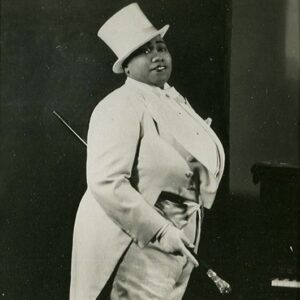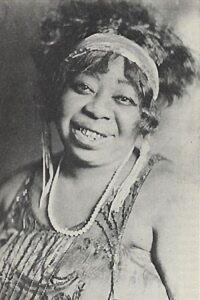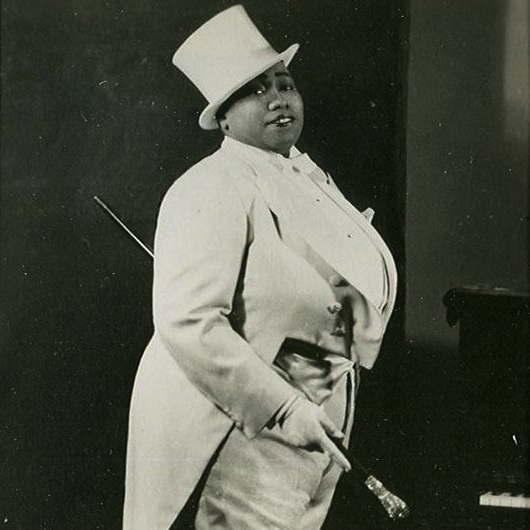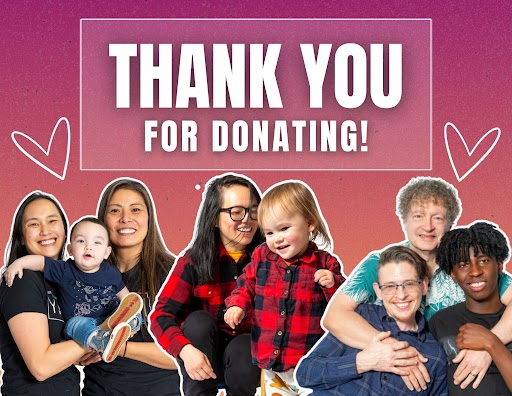 By Maya Berkley, Policy Intern
By Maya Berkley, Policy Intern
Growing up queer and of color, the endlessly vast reach of queerness did not spontaneously occur to me, and it certainly was not taught to me until I reached college and began pursuing a minor in GSFS and actively seeking out classes in my school’s Africana Studies Department. Learning about history in college in a way that intentionally includes historical figures who look and love like me has helped me feel more represented and engaged in my own learning and the history of this country. I know that if I had had access to facts and information about LGBT people throughout elementary, middle and high school, I would have a better educational foundation entering into college, as well as a more pronounced interest in the history I am learning because it represents the diverse, beautiful United States that I am a part of. Though I have taken multiple classes in multiple disciplines in an effort to bridge the gap in my/my college/my country’s cultural and academic understanding of black queerness, I recognize that my understanding of the cultural and historical implications of my identity are limited by the framework within which I was presented my history; my culture.
This summer, however, I have been able to vicariously experience a more LGBT-inclusive primary and secondary education through my work interning with Our Family Coalition (OFC) and working with a history teacher at Berkeley High school. We are developing a curriculum to teach the Harlem Renaissance with a focus on the many black and LGBT identified prominent figures of the era. This will provide California teachers with tools to comply with the FAIR Education Act and most recent revisions to the History Social-Science Framework .This work is not only extremely rewarding for me, as a queer artist of color with an intended minor in GSFS , but it also allows me a totally new perspective on the Harlem Renaissance that California’s students will soon have the privilege of engaging with at a much more pertinent point in their academic careers. This is one example of the many ways that California’s groundbreaking decision to rewrite its History-Social Science curriculum to be more inclusive of LGBT history will positively impact its students for years to come.
An inclusive and diverse History-Social Science education is essentially not only to provide all students with the most accurate and unbiased representation of history possible, but for many students from marginalized communities, it is one of the many first steps in developing a healthy self-concept in a world that would have them do otherwise. I find that I am constantly unlearning myself as a black and queer person living in a society built and shaped for and by white cis-hetero people, when I am in fact a black and queer person living in a society built and shaped by black people, queer people, other people of color, Muslim people, immigrants, those living with disability, as well as white cis-hetero people.
 For example, I really enjoying listening to and creating blues-folk music, and for a long time, my image of blues and folk music was white; I thought of Elvis Presley, Eric Clapton, Fleetwood Mac; modern blues revivalists like Hozier. This was the framework I was given to understand music within- black people created hip hop, the rest was white. It wasn’t until high school when my musical framework was challenged. I learned that blues music began as black music, was, for a while, the called and responded-to voice of black sorrow and joy, both individual and collective. Still, within this framework, it was the music of straight black masculinity. It wasn’t until this summer, when I began my work on this summer that I came to realize just how many black, queer, femme musicians created blues music, and the many art forms that stemmed from the Harlem Renaissance. Ma Rainey, Gladys Bentley, Billie Holiday, Ethel Waters, these are just a few examples of black queer women without whom there would be no blues, and as a result, no jazz, no rock, no hip hop, no American culture as we know it. I am grateful that I have a chance to unlearn a history that either intentionally erased or otherwise failed to include the history of so many marginalized communities, however, it is not my job.
For example, I really enjoying listening to and creating blues-folk music, and for a long time, my image of blues and folk music was white; I thought of Elvis Presley, Eric Clapton, Fleetwood Mac; modern blues revivalists like Hozier. This was the framework I was given to understand music within- black people created hip hop, the rest was white. It wasn’t until high school when my musical framework was challenged. I learned that blues music began as black music, was, for a while, the called and responded-to voice of black sorrow and joy, both individual and collective. Still, within this framework, it was the music of straight black masculinity. It wasn’t until this summer, when I began my work on this summer that I came to realize just how many black, queer, femme musicians created blues music, and the many art forms that stemmed from the Harlem Renaissance. Ma Rainey, Gladys Bentley, Billie Holiday, Ethel Waters, these are just a few examples of black queer women without whom there would be no blues, and as a result, no jazz, no rock, no hip hop, no American culture as we know it. I am grateful that I have a chance to unlearn a history that either intentionally erased or otherwise failed to include the history of so many marginalized communities, however, it is not my job.
I should not need two years and counting at a private liberal arts college to understand my place in this nation’s history. Education should not be unlearned, and this is what makes California’s newest revisions to its History Social-Science Framework so important- it empowers students to create positive change by showing them that people like them have always shaped the world that they live in. The lesbian, gay, bisexual, transgender, same or many gender-loving, gender non-conforming, gender expansive people that we now peg with the umbrella title of LGBT(Q) have always been, and will always be, a part of every culture, every era, every great movement in the United States. In this world. Whether marginalized or celebrated, tolerated or embraced, we have always been here.


